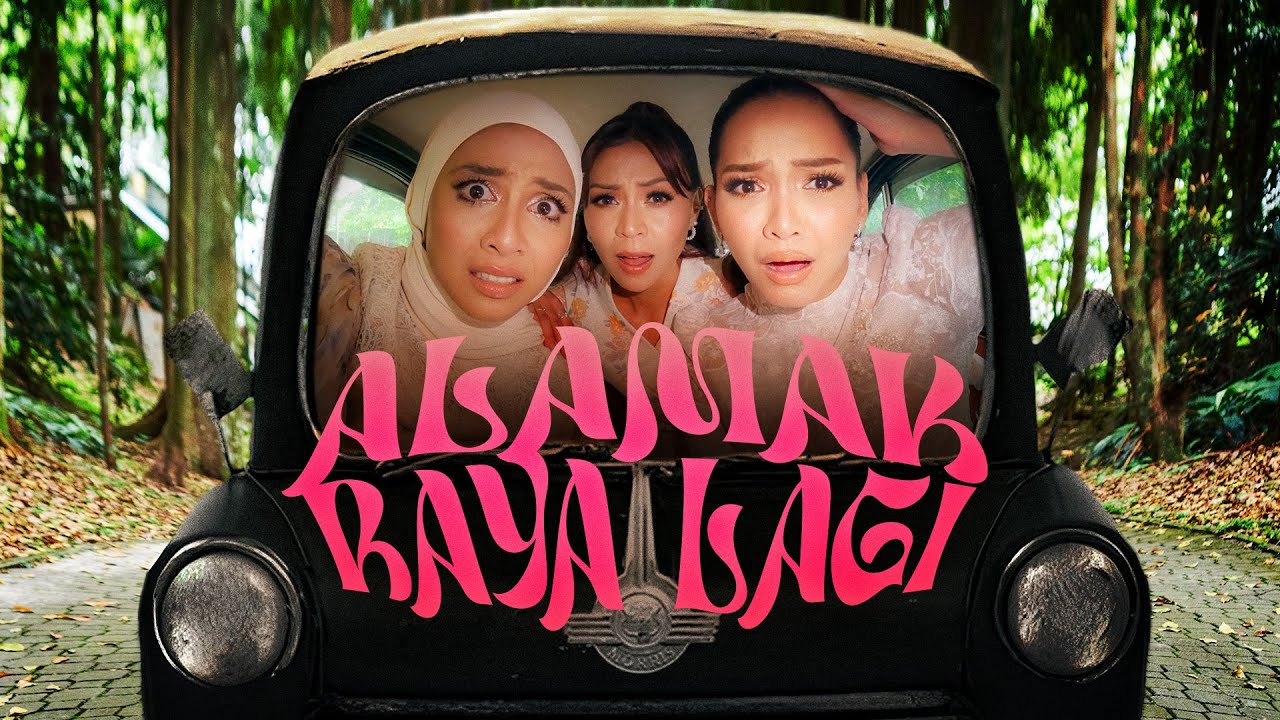Letter to Editor
HARI Raya Aidilfitri, stands as one of the most significant and joyous celebrations for Muslims worldwide, marking the culmination of Ramadan, a month of fasting, spiritual reflection, and devotion to Allah.
Its religious and cultural prominence unites Muslims in gratitude and festivity post-abstinence from worldly pleasures.
Spiritually, it’s a time for seeking forgiveness, mercy, and blessings while acknowledging Ramadan’s transformative journey. Aidilfitri fosters familial and communal bonds, encouraging acts of charity and unity.
Culturally, it’s a jubilant reunion marked by feasts and traditions, transcending religious boundaries to embrace multiculturalism’s harmony.
In places like Malaysia, it epitomises inclusivity, reflecting the shared humanity and the spirit of togetherness among diverse communities, underlining its role in fostering unity, gratitude, and cultural inclusivity.
Amidst the festive cheer of Aidilfitri, troubling trends mar the realm of Raya songs and entertainment.
There’s a worrying lack of sensitivity and respect in their production and dissemination, often prioritising commercial gain over cultural and religious reverence.
The song “Alamak Raya Lagi”, for instance, despite its catchy tune, features highly offensive lyrics, eroding the sanctity of the occasion.
As an open-minded individual, reconciling with such content proves challenging, as it not only crosses appropriateness boundaries but also undermines the sacred essence of Aidilfitri.
Consider the lyric, “A month before Aidilfitri, just realised tomorrow is fasting, forgot to Google the verse to recite ‘intent’ of fasting.”
This portrayal, seemingly from an individual unaware of Ramadan until the day before, is discordant with the religious and cultural fabric of Malaysia.
In a nation where Islam predominates and Ramadan is widely observed, such ignorance among practicing Muslims, especially adults, is incongruous and disrespectful to the customs and norms surrounding the holy month.
The portrayal of an adult Muslim forgetting the fundamental “niat” (intention) of fasting and resorting to “Googling” conveys irresponsibility and a lack of commitment to religion.
For practicing Muslims, knowing the “niat” is a basic requirement, reflecting mindfulness and seriousness towards religious duties.
The lyrics’ casual tone towards Ramadan is disrespectful, trivialising its deep spiritual and cultural significance. This reflects a harmful “tidak apa” attitude from the lyricist, composer, and singers.
Furthermore, the portrayal of Aidilfitri as a stressful and burdensome occasion, focusing on mishaps rather than celebration, undermines its significance.
The repeated use of “Alamak! Raya Lagi” suggests annoyance towards the festive season, contradicting its essence of rejoice and gratitude.
Emphasis on materialism detracts from Raya’s true essence of spiritual reflection, gratitude, and community.
The lyrics perpetuate the notion that Raya revolves around spending money, neglecting values of generosity and family bonding. This portrayal not only disrespects the sacredness of Ramadan and Aidilfitri but also diminishes their importance in Islamic culture and traditions.
The worst part of the song is in the following verse – “Bila nak tengok IG story, tapi wi-fi macam Ba…bi-la tiba Hari Raya” (When I attempted to view IG stories, the wi-fi is like ‘Ba…Bi-la tiba Hari Raya).
The use of “wi-fi macam Ba…” is not only crude but deeply offensive, equating the wi-fi to a derogatory term. The attempt to cleverly allude to “babi” is shocking, especially in relation to a holy day.
Combining “Ba” with “bi-la tiba Hari Raya” further compounds the disrespect, mimicking swearing upon the arrival of Hari Raya. Such lyrics perpetuate negative stereotypes and are wholly unacceptable
In an era where moral boundaries seem increasingly blurred, it’s imperative to uphold clarity in our values.
While I pride myself on being open-minded, there are instances where one must draw a firm line, especially when it comes to trivialising religion and tradition.
The recent offensive Raya music video, concocted by a businessman under the misguided belief that he is a talented singer, is a stark example of this.
Composers and producers, fully aware of his lack of talent, exploited his vanity for financial gain, blurring the lines between artistic integrity and exploitation.
As a society, we cannot afford to condone such behaviour that not only erodes the sanctity of our beliefs but also perpetuates falsehoods for personal gain.
Let us not falter in our commitment to discern right from wrong, ensuring that our cultural and religious heritage remains untainted for future generations to cherish and uphold.
As we celebrate Aidilfitri, let us uphold the true essence of this auspicious occasion by fostering understanding, respect, and reverence for its religious and cultural significance.
May our festivities be guided by the principles of compassion, unity, and gratitude, and may we strive to preserve the sacredness and integrity of Aidilfitri for generations to come. – April 22, 2024
Prof Haji Mohd Said Bani is a Focus Malaysia viewer.
The views expressed are solely of the author and do not necessarily reflect those of Focus Malaysia.










